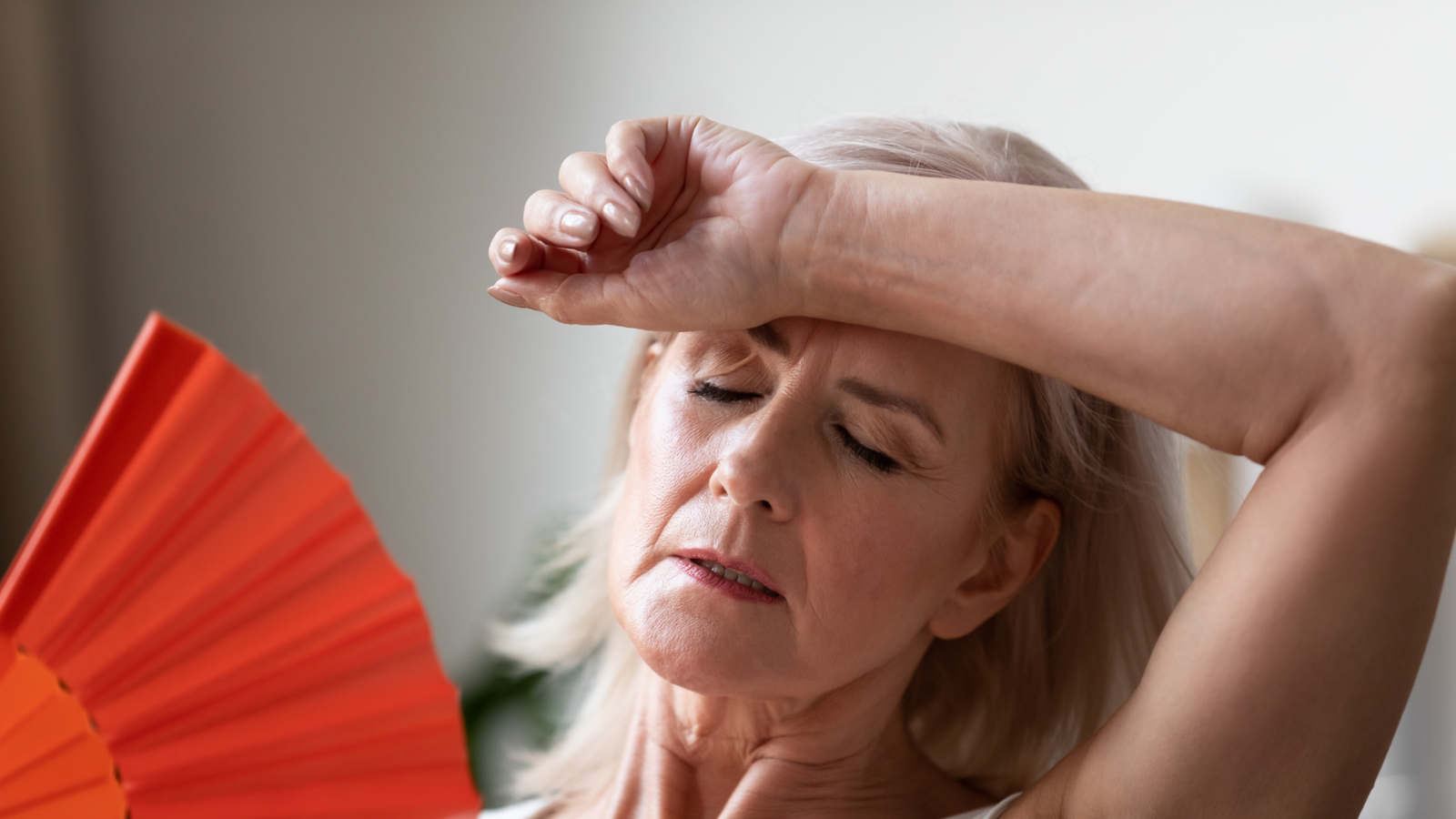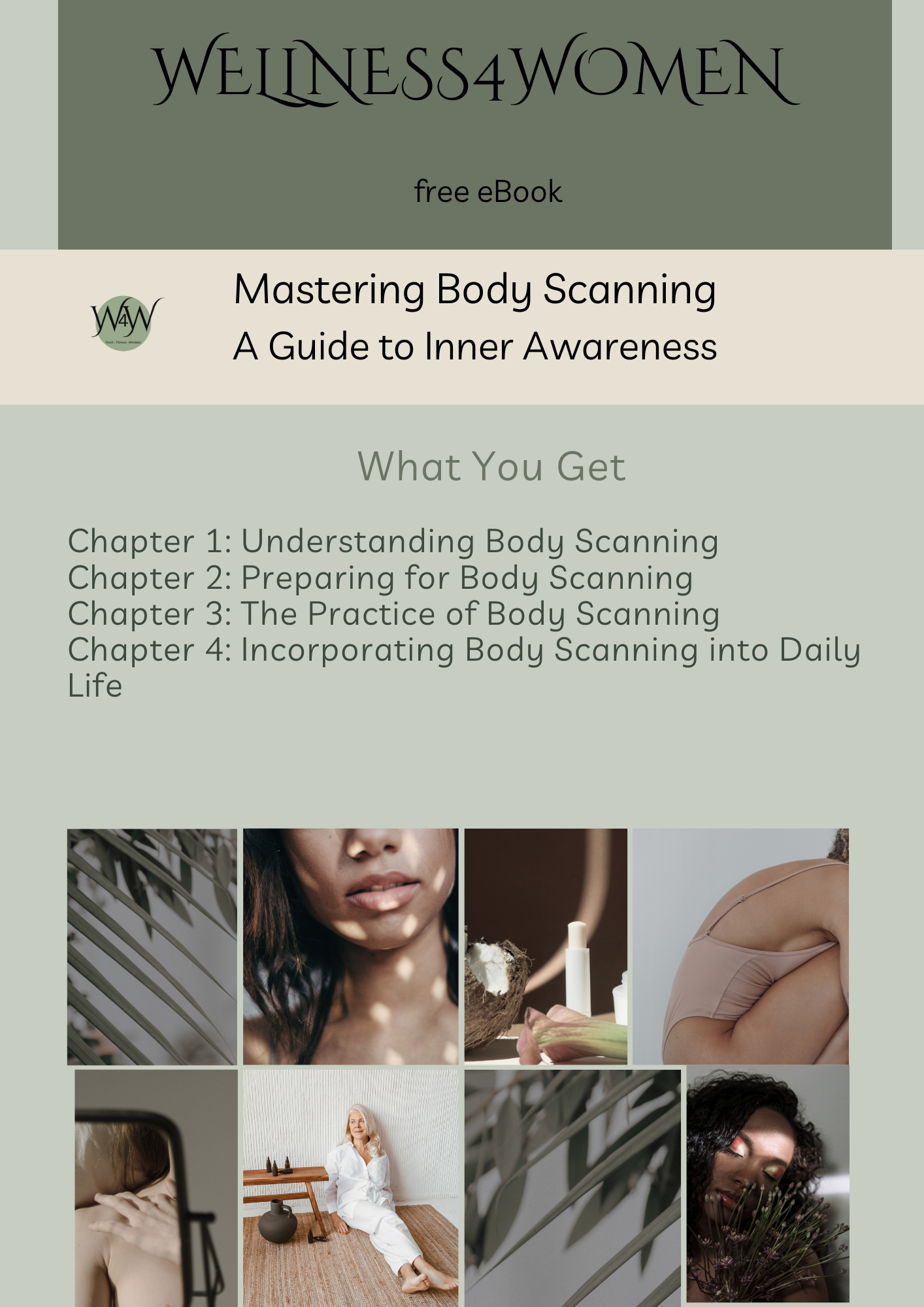Are you tossing and turning in bed with night sweats? Are you reliable and seem to be very unusually emotional? If so, you may be at the beginning of menopause. I am long past menopause (thank God), but I vividly remember the anxiety the symptom’s caused me.
In this post, I delve into how you can learn to cope with those unwanted symptoms that keep you away from the activities you love.
Menopause marks a significant transition in a woman’s life, signalling the end of reproductive years and heralding a new chapter characterized by hormonal fluctuations and physical changes. For me, it brought a lot of sadness that I could no longer have babies. Although I did not want any more children, the thought of my body not being able to reproduce caused emotions that I did not expect.
For many women, this transition is accompanied by a myriad of symptoms, ranging from hot flashes and night sweats to mood swings and sleep disturbances. Coping with these dramatic menopausal symptoms requires a multifaceted approach that addresses both physical and emotional well-being.
In this blog post, let’s explore strategies and interventions to help you navigate this transformative phase with resilience and grace.

Understanding Menopausal Symptoms
Menopause is a natural biological process typically occurring in women between 45 and 55, although the timing can vary widely. It is characterized by the cessation of menstrual periods due to declining ovarian function and decreased production of estrogen and progesterone hormones. The hormonal fluctuations associated with menopause can give rise to a range of symptoms that may significantly impact the quality of life and daily functioning.
Common menopausal symptoms include hot flashes, night sweats, vaginal dryness, sleep disturbances, mood swings, irritability, fatigue, and cognitive changes such as memory lapses and difficulty concentrating. These symptoms can vary in intensity and duration, with some women experiencing mild discomfort while others may face more severe and disruptive manifestations.
Holistic Approaches to Coping
At wellness4women, we are all about the holistic approach to health and wellness. Coping with dramatic menopausal symptoms requires a holistic approach that addresses the physical, emotional, and lifestyle factors contributing to symptom severity. While hormone replacement therapy (HRT) may be effective for some women in alleviating symptoms, many others seek alternative strategies or adjunctive therapies to manage their menopausal experience.
Below are several evidence-based approaches to coping with menopausal symptoms:
1. Lifestyle Modifications
– Maintain a healthy diet rich in fruits, vegetables, whole grains, and lean proteins while limiting intake of caffeine, alcohol, spicy foods, and sugar, which can exacerbate hot flashes and disrupt sleep.
– Engage in regular physical activity, such as walking, swimming, yoga, or tai chi, to promote cardiovascular health, reduce stress, and improve mood.
– Practice relaxation techniques, including deep breathing exercises, meditation, progressive muscle relaxation, or guided imagery, to reduce stress levels and promote emotional well-being.
– Prioritize adequate sleep hygiene by establishing a consistent sleep schedule, creating a relaxing bedtime routine, and optimizing the sleep environment for comfort and tranquillity.
2. Herbal Remedies and Supplements
– Consider botanical supplements such as black cohosh, red clover, soy isoflavones, or evening primrose oil, which have been purported to alleviate menopausal symptoms in some women.
– Consult with a healthcare provider or qualified herbalist before using herbal remedies, as they may interact with medications or have contraindications for specific medical conditions.
3. Cognitive-Behavioral Therapy (CBT)
– Explore cognitive-behavioral therapy (CBT) techniques to address psychological symptoms such as mood swings, anxiety, and depression associated with menopause.
– CBT strategies focus on identifying and challenging negative thought patterns, developing coping skills, and enhancing problem-solving abilities to manage emotional distress effectively.
4. Supportive Therapies
– Seek support from friends, family members, or support groups comprised of women going through similar menopausal experiences.
– Sharing experiences, seeking advice, and receiving validation from others can be immensely comforting and empowering during this transitional phase.
5. Medication Options
– Discuss with a healthcare provider the potential benefits and risks of pharmacological interventions such as hormone replacement therapy (HRT), selective serotonin reuptake inhibitors (SSRIs), or gabapentin for managing menopausal symptoms.
– Individualized treatment plans should consider factors such as symptom severity, medical history, personal preferences, and potential contraindications.

The Takeaway
Coping with dramatic menopausal symptoms is a complex and individualized journey that requires patience, self-compassion, and proactive management strategies.
By adopting a holistic approach that integrates lifestyle modifications, herbal remedies, supportive therapies, and, when necessary, pharmacological interventions, you can navigate this transformative phase with resilience and grace.
Empowerment comes from understanding one’s options, seeking support from healthcare providers and loved ones, and embracing the opportunity for personal growth and self-care during this pivotal stage of life.
With the right tools and resources, you can emerge from menopause stronger, wiser, and more resilient, embracing the next chapter of your life with confidence and vitality!
Thanks for being here today. If you found this post helpful or have any questions, please place a comment or email me.
As a wellness consultant, I advocate for science-based holistic wellness and health. So, Please Contact your healthcare provider for guidance if you have any serious health concerns or issues. If you are interested in improving your well-being and want to use my services, Please contact me for a free Consultation. Paula Rose Parish BA. M.A.
Affiliate Link: Got a YouTube channel? To Get More Views and Subscribers, click this link to get your free TubeBuddy today. https://www.Tubebuddy.com/pricing?a=Wellness4Women
In the comments section, I would love for you to share your stories and comments about your coping, health, fitness, and wellness strategies with this community.
Who Are We? Hi, I’m Paula Rose, a writer and wellness consultant. I enjoy helping others meet their wellness goals, challenges and needs. Wellness4Women helps women to be happy and healthy with a holistic preventive health approach. I have worked internationally with over 40 years of experience, having a Master of Arts in Counselling Professional Development and training in personal development, wellbeing and health and fitness. I help business owners, employees, and individuals improve their health and wellness for productivity and success.
For more great articles, Subscribe to https://wellness4women.blog
You will also find many of my articles and videos on other Platforms-
https://paularoseparish54798.medium.com
https://www.youtube.com/channel/UCvdQ4NPTNfXSnwd3pimPh0g
https://gravatar.com/paularoseparish
FOLLOW ME ON-
Pinterest – https://www.pinterest.co.uk/proseparish/
Medium- www.medium.com/@paularoseparish_54798
Facebook- https://www.facebook.com/paula.roseparish.5/
?Instagram: https://www.instagram.com/paularoseparish2020/?hl=en
LINKEDIN: https://www.linkedin.com/in/paula-rose-parish-6320a6181/
You’ll find my books in the top menu linked to Amazon, and if you wish to connect with me, please do so at paularose@wellness4women.blog.
Copyright © 2024. Paula Rose Parish. All Rights Reserved. Wellness4Women https://wellness4women.blog
#fitnessmotivation #healthwellbeing #wellness #women #womens health



